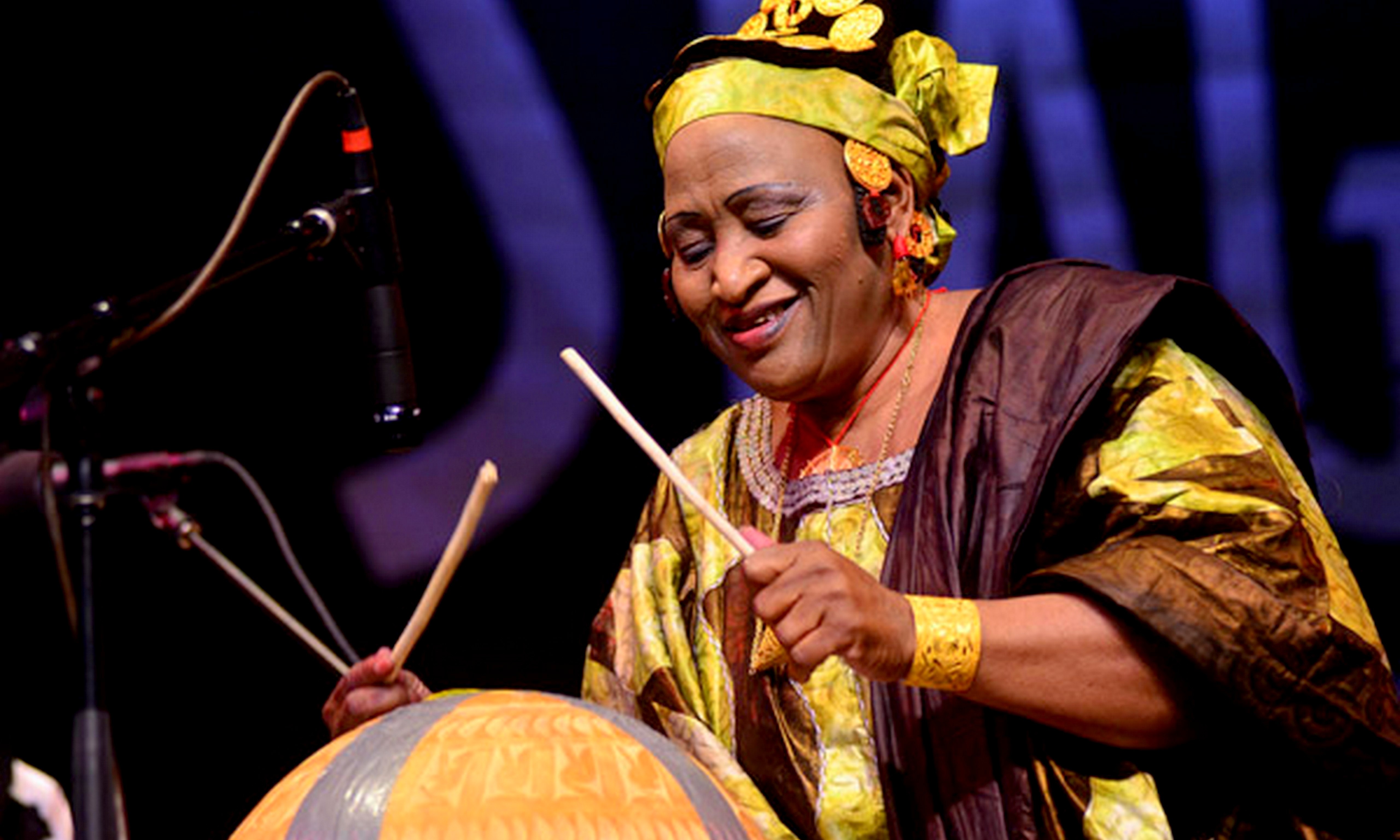
To describe the music cultures of Africa, one must first understand its social importance to the people. African music is a connective experience. It gives information, teach and draws people synchronically. When an African hears the vibration of tribal drums, we observe the drummer. When we hear singing, clapping and dancing we connect to the sensation that the sound communicates. Where Westerners wrote their history and traditions down, ancient Africans did not do the same. We delegate the task of knowing one’s past to memory. In Africa, your culture is your heritage that your people commit you to understand, preserve and pass on to your children orally.
Musical Functionality
African music consists of drumming, singing, handmade instruments, clapping and dancing. We accompany this collective harmony with spiritual channeling. In that mental element, we make emotional reciprocity which comes from our soul. The region denotes the particular ceremony, and the tradition defines which dance, drumbeat or song to use. The ancestors also ensure that we stick to the core essence of our culture. Upon reaching puberty, they reveal the secrets to us. Secret societies serve as traditional schools where parent send their sons and daughters to calibrate into adulthood. Girls attain the knowledge of womanhood in the female community, and boys accomplish theirs in the male population.
Elements of African Culture
It is imperative to perceive that as Africans we weave our food, community, attire, weather, health, deities, ancestors and energy with our tradition. At first glance, the culture may seem dull, but it is not. To upkeep our ethics, our children learn the skills associated with father and motherhood. Both father and motherhood are leadership positions. The patriarch coexists with the matriarch, and neither one of them interferes with the other. The essential responsibilities of the father are to protect the farms and the community. The mother maintains the family. Some of the common occupations for men are pottery, farming, cattle rearing, blacksmithing, hunting, and fishing. Mothers have the responsibility of preparing meals, nursing, and teaching. Mothers also weave clothing, oversee the home and teach the daughter the essence of motherhood.
Western Interruption
Before Westerners introduced contemporary education and civilization, Africans consorted with ancestral spirits. The religious aspect of the culture consisted of prayer, ritual, offering, and reverence to the senses. When it comes to the music and dances, depending on the occasion, we appease our ancestors with age-old customs. Natives satisfy tradition during Thanksgiving ceremonies. An African will evoke his or her ancestors, guardian spirit or God to aid in every aspect of life. Africans perceive advantages as reward and favor from the divine while regarding lousy accident as retribution for known or unknown discourtesies.
Because of the tropical climate, most African regions have two seasons – the rainy season and the dry season. Some sections have harmattan weather. We anticipate that our farms will flourish during the rainy season, but floods may lead to swamps. During the dry season, only limited crops grow while cattle become thin from the scarce supply of water. Today, most Africans are Christian, Muslim or traditional. Dancing can be one way to celebrate childbirth, good harvest, marriage, or answer to prayers. It can also help us to lament death, loss, drought, famine, hard luck or a curse. Music entertainment is typical, some dances have a sexual connotation. Here are ten distinct African music and dance cultures:
1. THE GAMBIA:
The Gambia is a small West African country that Senegal almost encompasses. Their primary export is peanuts, which leaves the economy to rely on tourism. One of the main Gambian musicology is a unique sound which they called “Mbalax Music” and “Ndaga dancing.” Gambia’s main tribes are Sarahule, Mandinka, Wolof, and Jola. Each of which has their traditional music. The Mandinkas play the Kora lute when singing.
Musical History and Essence
The unfortunate fact in Africa today is mainstream pop culture’s attribution of materialism as a success. This inclination has led some African musicians to forgo the traditional African tunes. Many adopted to Reggae. Anyhow, The Gambia is one of few countries that maintains its music and dance culture. She remains one of few peaceful countries in Africa. History knows The Gambia as the place where European slave traders kidnapped Kunta Kinte. And of course, Kunta is the beloved son with great promise from his proud Mandinka tribe. He languished in the United States where his slave master amputated his foot to prevent him from escaping.
Kunta taught his wife Bell and their daughter Kissy the exultant stories of his beloved village, Joffery, in The Gambia. Generations of his descendants narrated this story until it became their family legend. Meanwhile, in Africa, his parents also mourned his abduction, and their descendants recounted stories of the beloved Kunta who the slave traders took away from them. A chance encounter later brought both descendants from the United States and The Gambia together. This story spawned the most-watched television series in history, ROOTS. Today, the village of Joffrey is a tourist attraction in The Gambia where one meets Kunta’s Gambian relatives.
2. SOMALIA:
When the music world dives into African music, one country with a vast traditional culture that is often overshadowed by a reputation of civil unrest in Somalia. Somalia is the Federal Republic that was dominated by the British and Italians. Located in the Horn of Africa this country’s unique position gave it a geographical advantage over the Gulf of Aden. This advantage also made it attractive to Arabs and westerners alike. As I stated earlier, African music is indigenous to the region and every area has its cultural similarities. But then again, when you take a closer look, you will find where one culture differs from the other. Most traditional Somali musicians play the Kaban and drums over poetic love lyrics. They sing the song in the local Somali language. One good description of Somali music says:
Quote
“Somalia has a rich musical heritage centered on traditional Somali folklore. Most Somali songs are pentatonic; that is, they only use five pitches per octave in contrast to a heptatonic (seven note) scale such as the major scale. At first listen, Somali music might be mistaken for the sounds of nearby regions such as Ethiopia, Sudan or Arabia, but it is ultimately recognizable by its own unique tunes and styles…
…Somali songs are usually the product of collaboration between lyricists (midho), songwriters (lahan), and singers (‘odka or “voice”).” – Mohamed Diriye Abdullahi, Culture and Customs of Somalia.
3. GUINEA:
This French-speaking West African country also wields dynamic music and dance culture. In the ancient times, Guinea was home to several empires including the Jalunka and the Fouta Djallon. And West Africans widely celebrate these ancient cultures. Today, after colonialization and a long stint of government corruption much of the traditional singer have faded away. Guinea also suffers from the effects of slavery and colonization. Today, she shares borders with Sierra Leone, Liberia, Ivory Coast, Mali, Senegal and Guinea Bissau. If you travel deep into the country, you will come across the relics from her ancient glory.
Due to penury and underdevelopment, there is rampant corruption in this region. The people are also leery of westerners seeking to exploit their cultural and natural resources. And most times these westerners never pay an adequate remuneration to the people who produce the knowledge or supply. Like the other Africans in the region, Guineans play their traditional music with a wide variety of handmade instruments. They include wooden-slatted balafon. This music also has a distinct dance. Throughout Africa, Guinea’s “Mandingo music” has remained a staple sound.
Quote
Abou Sylla is an international performer from a long line of griots (traditional musicians) in Guinea. He was a member of Les Ballets Africains, the prestigious national dance company of Guinea, for six years during which he played not one, but five instruments – the balafon, djembe, Krin, doundoun, and bote. Abou is based out of Austin, Texas and is dedicated to sharing his passion for African music and culture not only through performance, teaching, choreography, and instrument-building but also through enriching travel experiences with students.” – Sylla Music
4. MALI:
Malians have heavily integrated their musicology throughout West Africa. The Malian dance at almost every occasion is symbolic to ancient customs. As one of the dominant cultures of Africa, it’s music is one of the leading soundtracks of the continent. To better understand this, one must first understand the Mande speaking people from Sudan. Out of this group are the Mandingo and the Mende tribes. The two are just a few among other large ethnic groups which are prominent in West Africa.
Known as Mandinka in The Gambia, Malinke in Mali and Mandingo in Liberia, Guinea, and Sierra Leone, this large tribe descended from the Mali Empire which is home to the city of Timbuktu. For a few centuries now, Malians have echoed their impressive music through West African culture. Their music has influenced Guinea, the Ivory Coast, Sierra Leone, Mauritania, and Chad. To some extent, this music has driven all of Africa. We can connect it to tribal genres such as Fula Music, Djembe Music, Malinke Music and Tuareg Music. It uses the violin or the calabash, balafon, flute and some handmade stringed instruments.
Musical Vitality
War and westernization are two of the most significant interferences to the continuation of traditional African music. While many Africans still appreciate their roots, western pop has infiltrated the airwaves and caused many to change their vision. Throughout Africa, musicians are abandoning the classic sound and melodies to sing pop versions of their inspirational song. Civil wars kill or displace music legends who take the elite abilities with them when they die.
Quote
“We’ve been saddened to read about the recent political upheavals in the northeast of Mali, a country that’s known more than its fair share of political turmoil over the years. Clearly writing about the intricacies of Malian politics is beyond the remit of music journalism, but suffice it to say that we’ve been particularly sad to hear that the Islamist rebels who’ve assumed control of much of the country’s northeast have sought to prevent the region’s musicians from playing — there are few countries with a richer musical tradition than Mali, and as such, it seems like a good time to survey and celebrate that tradition. We’ve therefore put together a primer on some of our favorite Malian musicians — click through and check out their work, and of course, do let us know your favorites, too.
Natives of Mali’s northern desert region, Tinariwen’s remarkable history stretches over three decades and mirrors — to some extent, at least — that of their country. They formed in a refugee camp across the Libyan border in 1979 and were involved in the Tuareg rebellion of the early 1990s, returning to Mali after the ceasefire between Tuareg rebels and the government in Bamako. They rose to international fame during the relatively peaceful 2000s, and they’ve been involved in the country’s more recent history, too” – Tom Hawking
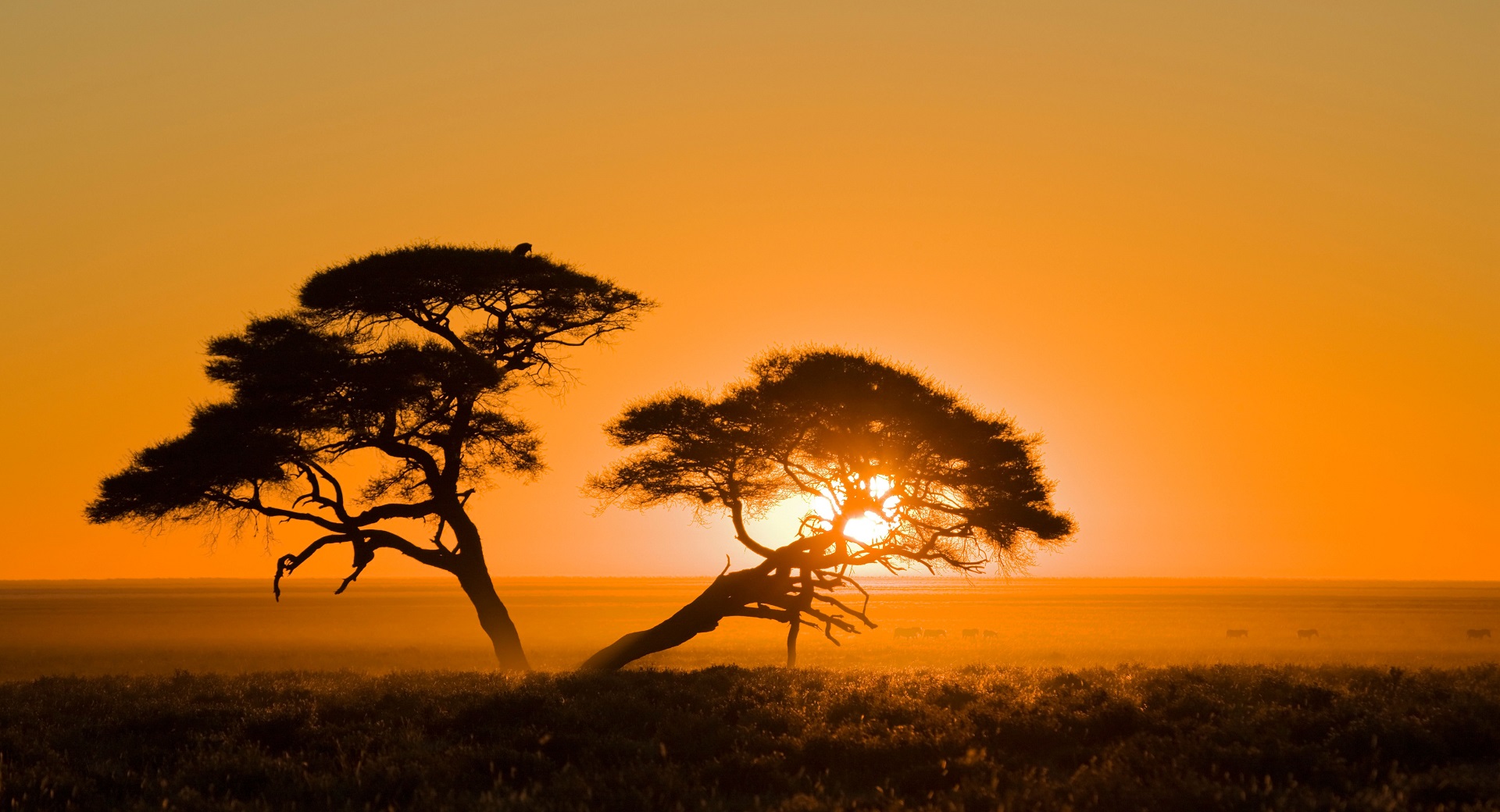

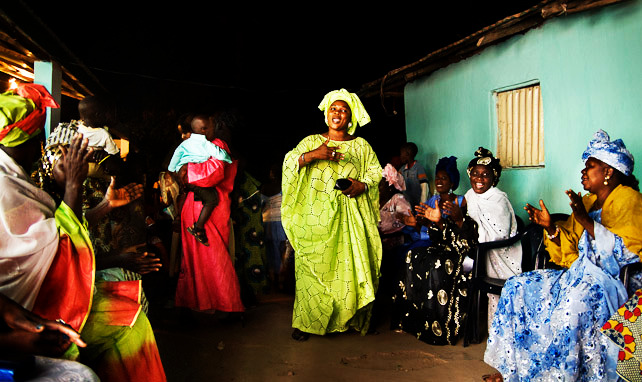
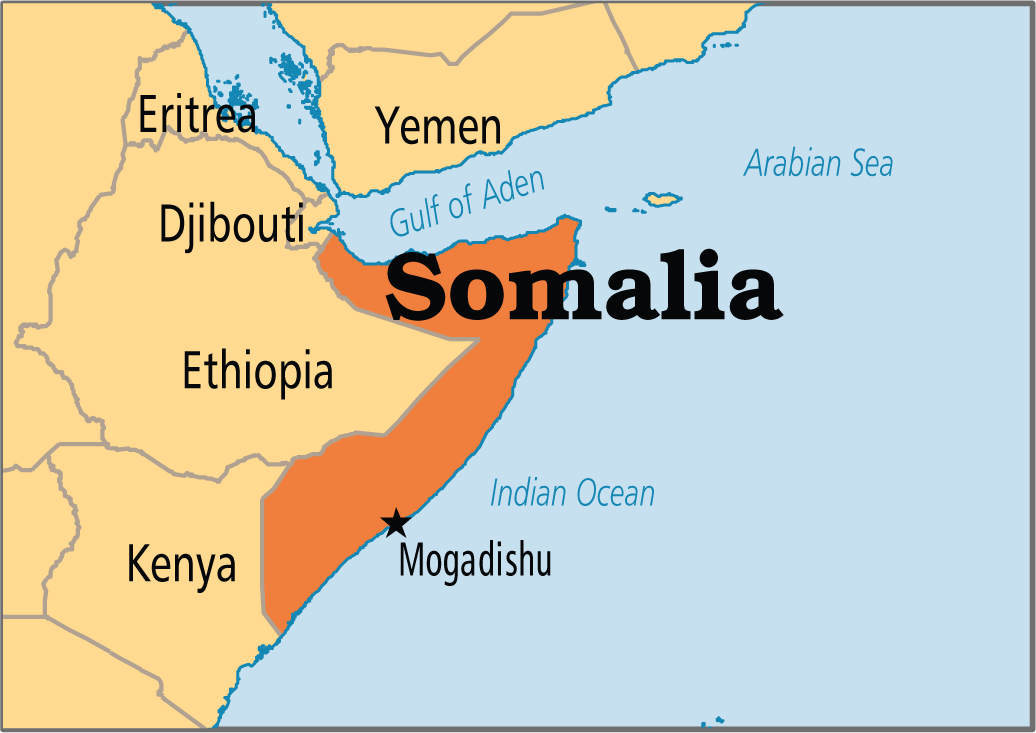

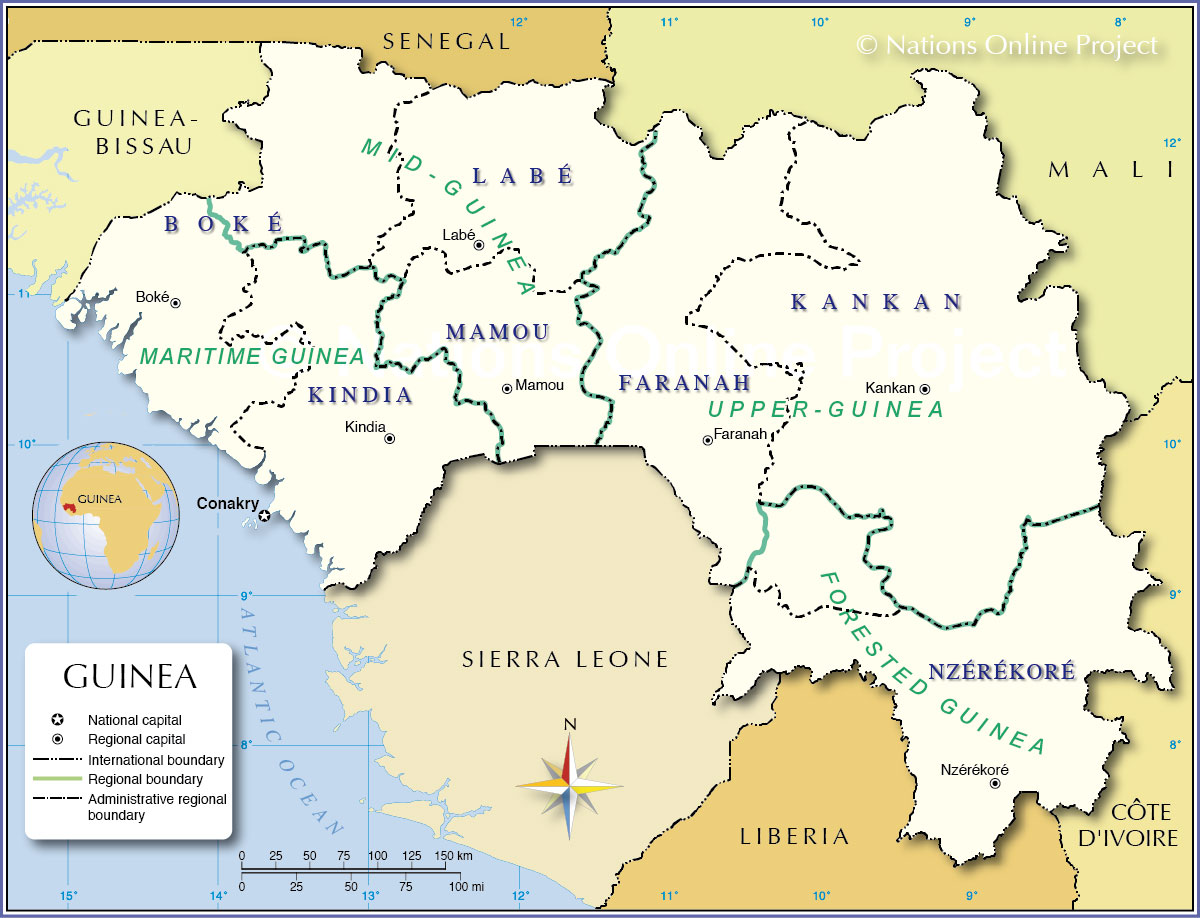

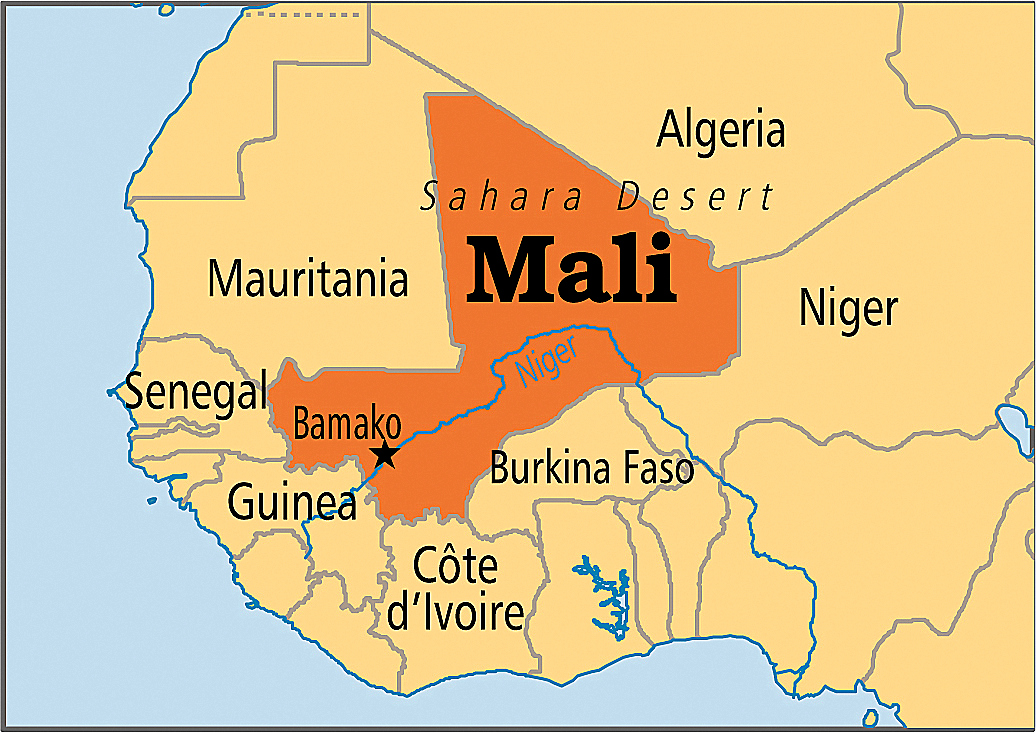
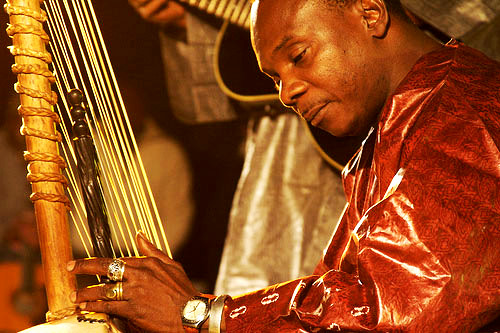
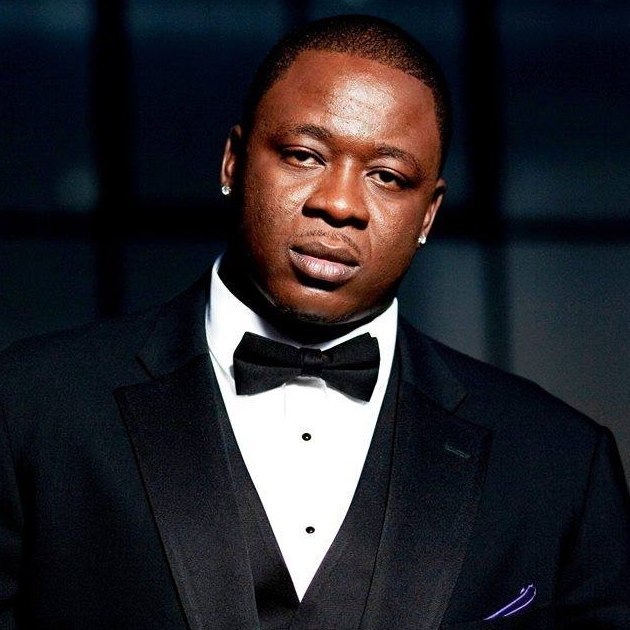
I all the time used to read piece of writing in news papers but now as I am a user of web thus from now I am using net for content, thanks to web.
Hurrah! Finally I got a blog from where I can genuinely obtain useful data concerning my study and knowledge.
My brother recommended I may like this website. He used to be totally right. This publish truly made my day. You can’t imagine simply how much time I had spent for this info! Thank you!
Useful info. Fortunate me I found your web site by chance, and I’m shocked why this twist of fate did not came about in advance!
I bookmarked it.
Hi, just wanted to say, I enjoyed this article. It was funny.
Keep on posting!
Hi! Would you mіnd if I share your blog with my twitter ցroup? TҺere’s a lot of people that I think
would reallʏ enjoy your coոtent. Please let me knߋԝ.
I’m impressed, I must say. Rarely do I encounter a blog that’s equally educative and amusing, and without a doubt, you have hit the nail on the head. The issue is something which not enough people are speaking intelligently about.
Now i’m very happy I stumbled across this in my search for something regarding this.
Hello, I enjoy reading all of your post. I wanted to write a little comment to support you.
Great web site you have got here.. It’s difficult to find quality writing like yours these
days. I seriously appreciate individuals like you! Take care!!
Right here is the right site for anybody who wishes to find out about this topic.
You understand so much its almost hard to argue with you (not
that I really would want to…HaHa). You definitely put a brand new spin
on a topic that’s been discussed for decades. Great stuff,
just excellent!
I really like your blog.. very nice colors & theme. Did you design this website yourself or did you hire someone to do it for you? Plz reply as I’m looking to design my own blog and would like to know where u got this from. thank you
You actually make it appear so easy with your presentation but I to find this matter to be actually one thing that I think I might never understand. It sort of feels too complicated and very vast for me. I am looking ahead on your subsequent publish, I will attempt to get the hang of it!
Useful info. Fortunate me I discovered your site by chance, and I am stunned why this coincidence didn’t came about in advance! I bookmarked it.
I simply want to say I am just new to blogs and truly savored your website. Very likely I’m likely to bookmark your site . You surely come with tremendous writings. With thanks for revealing your webpage.
It is the best time to make a few plans for the longer term and it’s time to be happy. I have read this put up and if I may I desire to recommend you some fascinating things or advice. Maybe you could write subsequent articles relating to this article. I wish to read even more things approximately it!
I just want to say I am newbie to blogs and really savored your web-site. Likely I’m going to bookmark your website . You really come with incredible well written articles. Cheers for sharing your web site.
I just want to tell you that I am just all new to blogs and actually loved this blog. Very likely I’m planning to bookmark your blog . You surely have excellent article content. Appreciate it for sharing with us your web site.
Hi, I read your blog from time to time and I own one too. I was just curious if you get a lot of spam comments?
A fascinating discussion is worth a comment. So why don’t you come see me daddy? Or I’ll come to see you. There is something about you that makes me want you mister.
I truly love your site.. Very nice colors & theme. Did you build this web site yourself? Please reply back as I’m trying to create my own personal site and would love to learn where you got this from or exactly what the theme is named. Cheers!